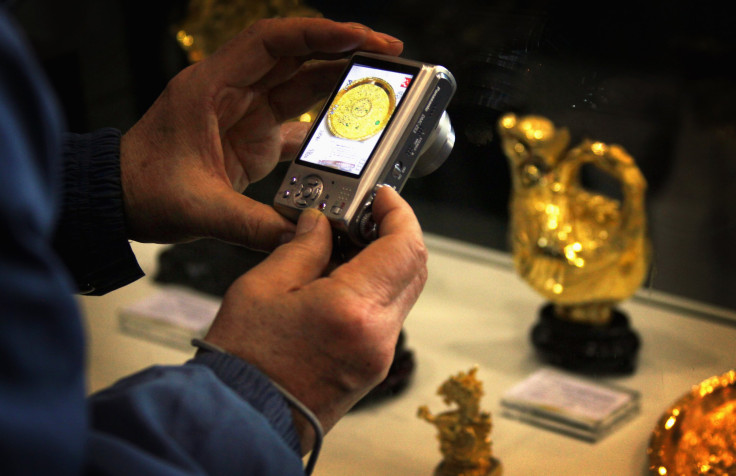China alerts foreign banks to participate in yuan denominated gold benchmark from April or face curbs

Many foreign banks in China have been reportedly warned that their operations would be curbed if they refuse to participate in the yuan-denominated benchmark price for gold. To be launched in April, the Chinese benchmark for gold will be derived from a contract to be traded on the state-run Shanghai Gold Exchange (SGE). China is world's top producer and consumer of gold. Using that power, it wants to be the price-setter for bullion to influence global markets.
But the success of gold trading will depend on the support of foreign banks, especially the gold-importing banks. But foreign banks are wary of the global scrutiny on benchmarks in the aftermath of penal cases that followed from the manipulation of Libor rates in the foreign exchange market.
Obviously, China’s plan has the potential to dent the relevance of the US dollar-denominated London price, the reigning global standard, reports Reuters.
China had allowed foreign banks to trade other yuan-denominated gold contracts on the Shanghai Gold Exchange (SGE) for the first time in 2014 and also granted them import licenses. The yuan benchmark for gold trading would be derived from a 1 kilogramme contract to be traded on the SGE for a few minutes each day, with SGE acting as the central counterparty, reports Economic Times.
Import quota
Foreign banks are at the mercy of state regulators in China. Those with gold import licenses have to approach regulators for renewing the annual import quotas. The foreign banks with gold import licenses include ANZ Banking Group, HSBC and Standard Chartered. There are 12 Chinese banks having the license to import gold.
“Maybe China won't cancel the license but we won't give them the import quota or will reduce the amount under the quota,” a source said.
“They passed on the impression that 'maybe your quota will be limited or you cannot be a market maker for swaps or forwards',” added the source.
There was no reaction from HSBC, while ANZ and StanChart did not respond to queries from media.
Penal provisions
Banks have been told by China that it would take “some measures” if they do not participate in the fix, a banking source said. During a trial in April 2015, some foreign banks participated alongside many Chinese banks.
However, traders in the foreign banks have reservations though they are interested in the benchmarking process. This is because the legal and compliance teams are reluctant.
“For foreign banks to take part in that fixing procedure, it is very hard. There are compliance issues for every foreign bank,” noted a source, which was quoted in the report and added that the issue was not about China, but the regulatory attention that benchmarks have been attracting in the past few years.
However, analysts do not see a yuan fix becoming an immediate threat to the gold pricing dominance of London and New York, but the scenario may change once China's currency becomes fully convertible.





















